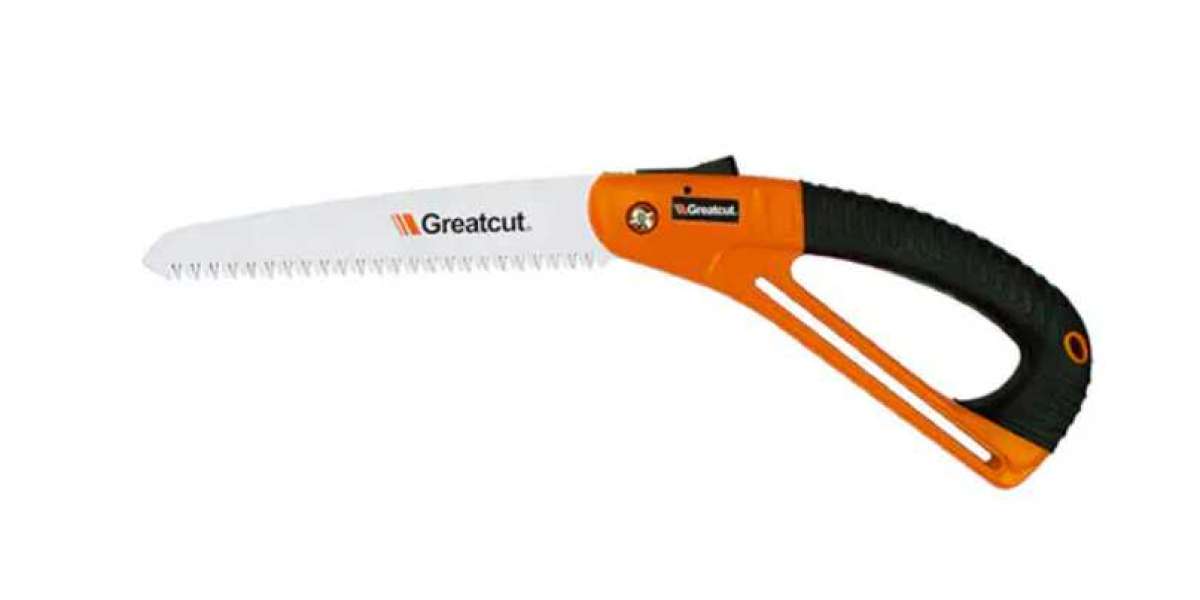Outdoor tent factories have evolved remarkably, transitioning from producing simple shelters to high-tech havens designed to meet the demands of modern outdoor enthusiasts. Initially, tents were rudimentary structures made from canvas and wooden poles, providing basic protection from the elements. However, as outdoor recreation grew in popularity, the need for more advanced shelter options became evident, prompting significant changes in manufacturing processes and materials used in outdoor tent factories.
Today’s tents are the result of sophisticated engineering, featuring ultra-lightweight materials such as ripstop nylon, waterproof coatings, and reinforced pole systems made from carbon fiber or aluminum. This evolution reflects advancements in technology and a deeper understanding of what campers and hikers need. For instance, many outdoor tent factories have incorporated features like UV-resistant fabrics, integrated rainfly systems, and multi-ventilation options to improve airflow and reduce condensation inside the tent.
Moreover, the development of smart fabrics that regulate temperature and even integrate solar panels to charge devices represents the next frontier for outdoor tent factories. As sustainability becomes increasingly important, many manufacturers are turning to eco-friendly materials and processes, such as using recycled fabrics and reducing waste through precision cutting technologies. The evolution of the Outdoor Tent Factory is a story of innovation, responding to the ever-changing expectations of outdoor enthusiasts while continually pushing the boundaries of what a tent can offer.








